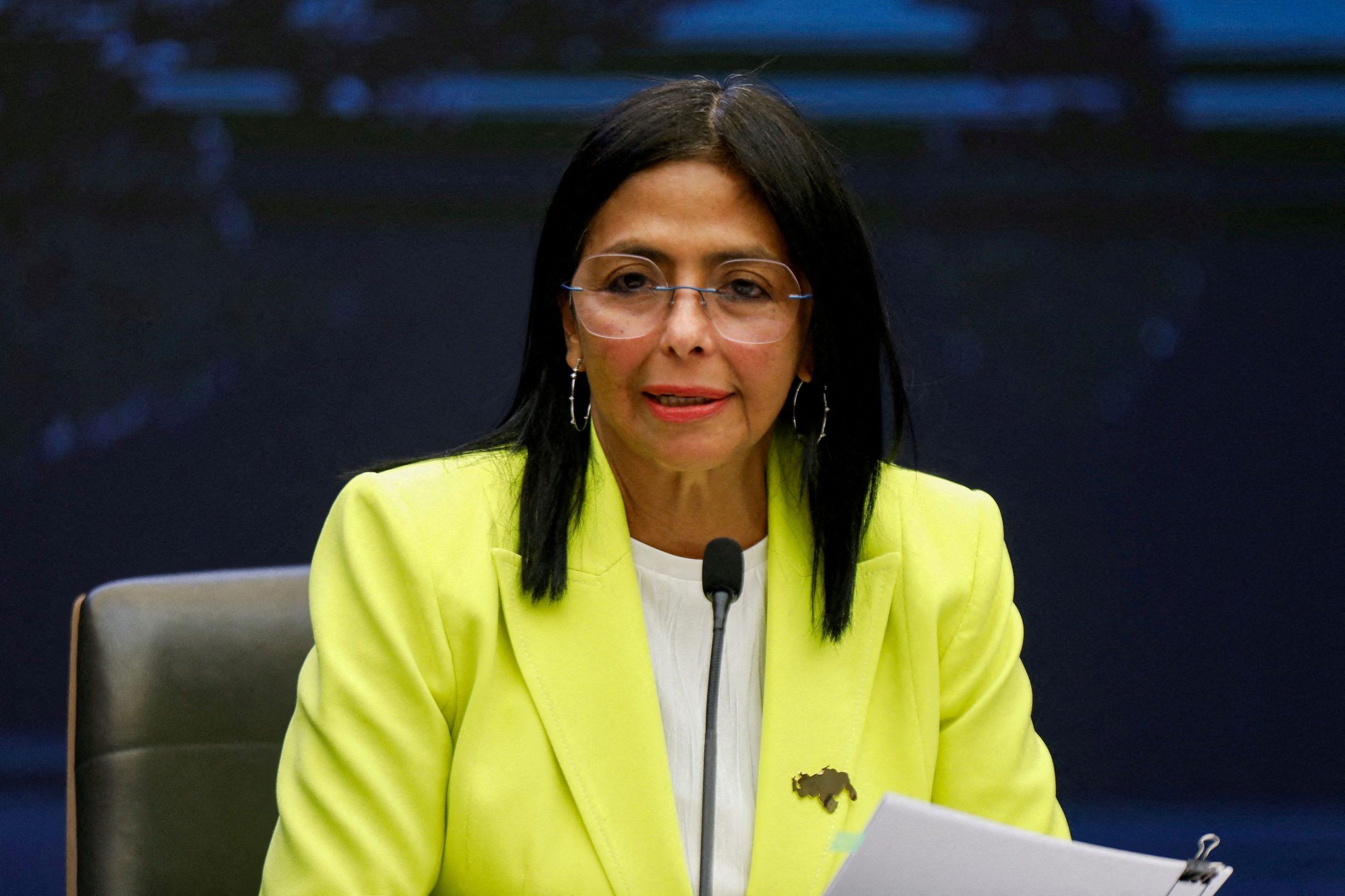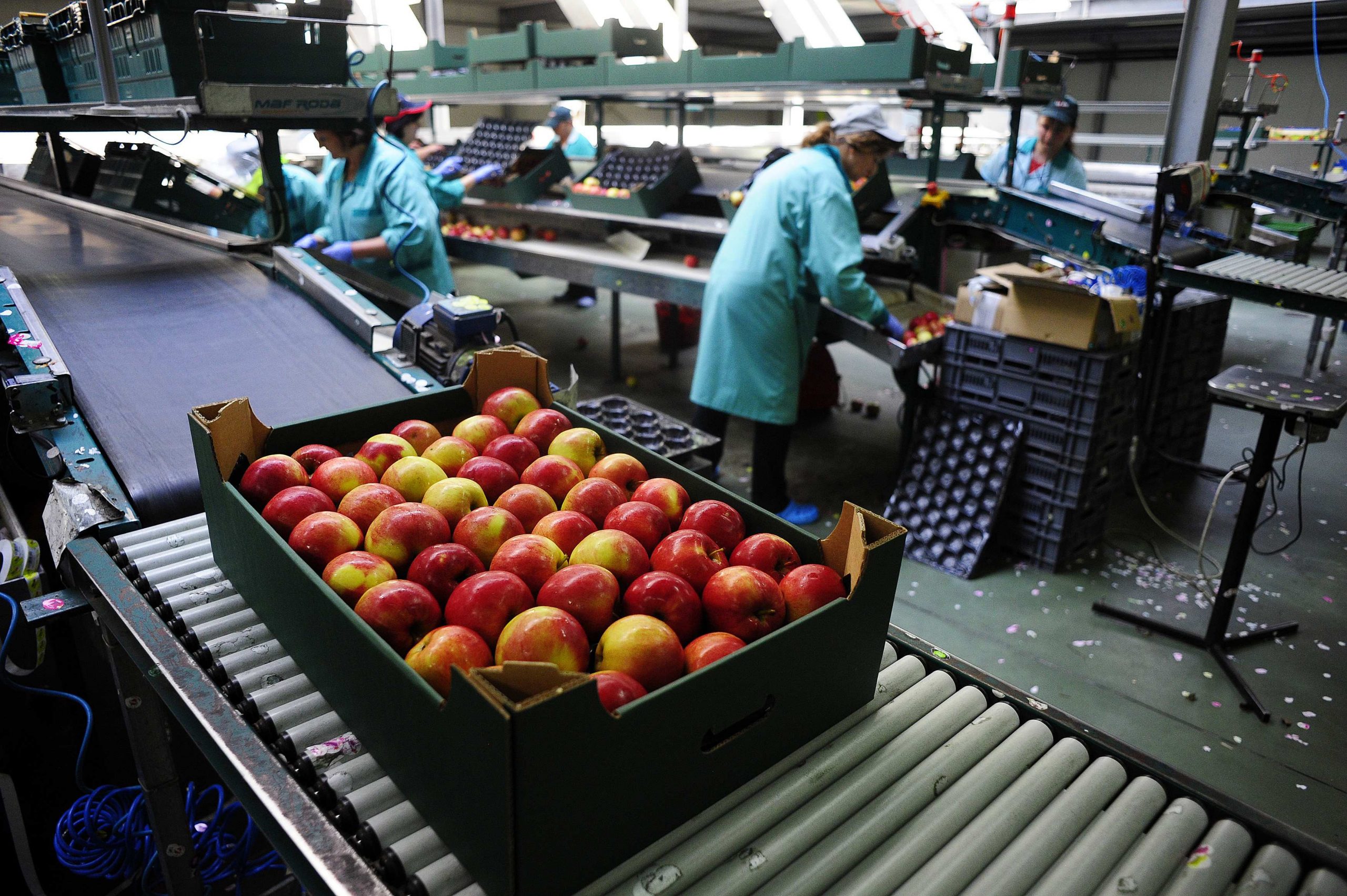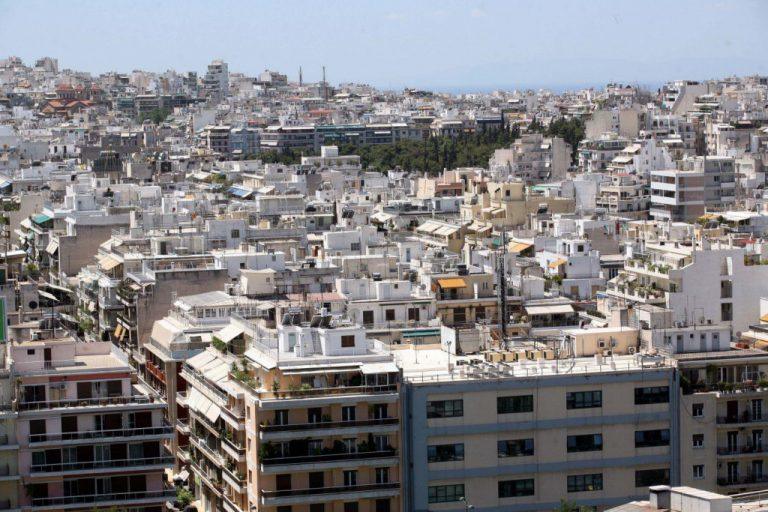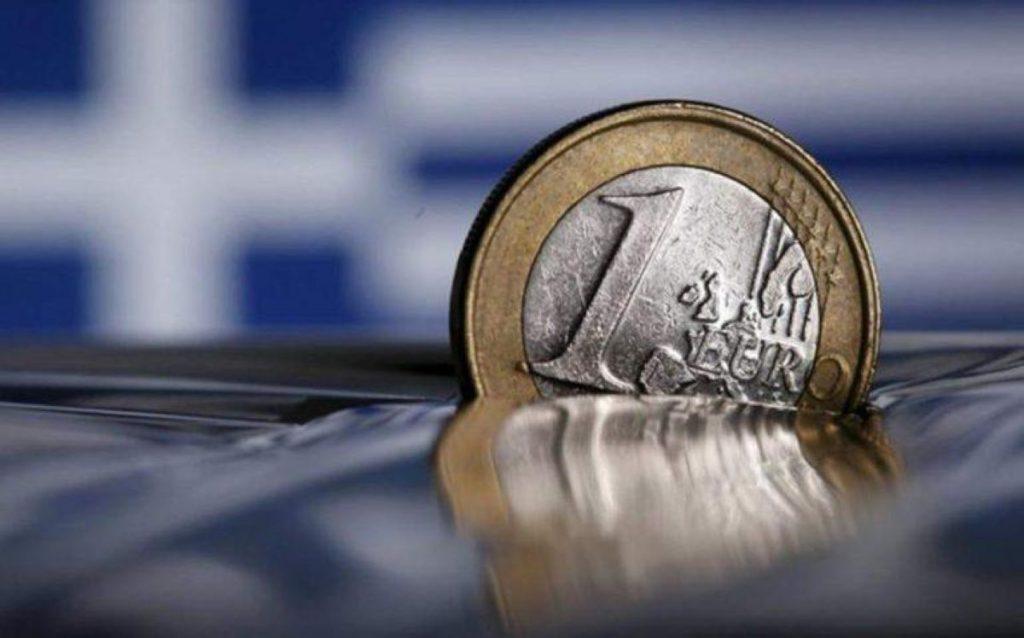A temperature of 48°C in Athens would be absolutely dangerous for human life, according to scientists.
Although, as they explain, this is an extreme scenario, Greece is in the “red zone” of climate change: in the last 30 years there has been a large increase in temperature in Greece, with the average price in all parts of the country having increased by 1.3 degrees Celsius.
Rising temperatures, prolonged periods of drought and flash floods due to rapid rainfall make up the extreme conditions of the future for Greeks: a recent Thessaloniki University study estimates that the number of days with a temperature above 35 degrees Celsius will increase by up to 16 days per year in some regions of Greece by 2050, which, combined with negative rainfall indicators, is expected to seriously affect key Greek crops such as wheat, potato, tomato, olive and grapevine.
As Costas Lagouvardos, meteorologist and director of research at the National Observatory of Athens, points out speaking to “NEA” newspaper, since 2011 the temperature in Greece has exceeded the average value of 14.2° C every year, with a record in the years 2017 and 2018 which reached 15° C.
“Two phenomena are observed in Greece: one is that we have a great increase in temperature. This increase is not the same everywhere, it varies between 1 and 1.5° C. In Athens, for example, it is of the order of +1.5° C. The second is that while the annual amount of rain remains constant as a sum or it is also slightly increasing, we have a decrease in the number of days with precipitation. That is, we have fewer rainy days and when it rains, it rains a lot. Fewer days of rain rapidly mean longer periods of drought and at the same time a risk of flooding and problems for agriculture,” he explains.
Threat to human life
But what would happen in Athens if the maximum value reached 48 or 49° C on a summer day, as the “Liberation” scenario for France predicts? “This is a completely extreme temperature that goes beyond any scenario, since in Athens the maximum value we have recorded is 44.8° C. A temperature of the order of 48° C is definitely dangerous for human life, especially if it lasts a long time. We don’t have to go far to imagine the effects: in 2007 with the great heat wave we had wildfires without wind and we also had deaths. These temperatures are a threat to human life.”
The effects of the increase in temperature in the immediate and distant future were assessed by Thessaloniki University researchers in a recent study they carried out in the context of CLIMPACT, the National Network for Climate Change.
“According to the results of the research, an average temperature increase of 1.5°C is expected in Greece until 2050 and an increase of 2.5°C until the end of the 21st century. In addition to the average increase, even more important are the extreme indicators, which in these cases move exponentially, making the situation even more pessimistic for Greece”, one of the study’s authors, Theodoros Mavrommatis, associate professor, told “NEA” at the Department of Geology of Thessaloniki University, specializing in agroclimatology.
Water shortage in spring
According to the research, “increased water deficit in spring is expected to negatively affect wheat, potato and olive in summer, tomato and grapevine in spring and summer, especially in the second half of the 21st century, under the scenario for the distant future”. Besides, as Mr. Mavrommatis explains, “the rapidity of the rain is one of the extreme indicators. Greater amounts of rain in fewer days means that the soil cannot take advantage of the water it receives, which is eventually lost as runoff. Dryland crops, such as wheat, are the ones that will be affected first and to a large extent. Corn, for example, will not be affected immediately, but will need much more irrigation.”
The World Meteorological Organization has long sounded the alarm: if climate change continues, Greece’s future will resemble something from Africa.







































